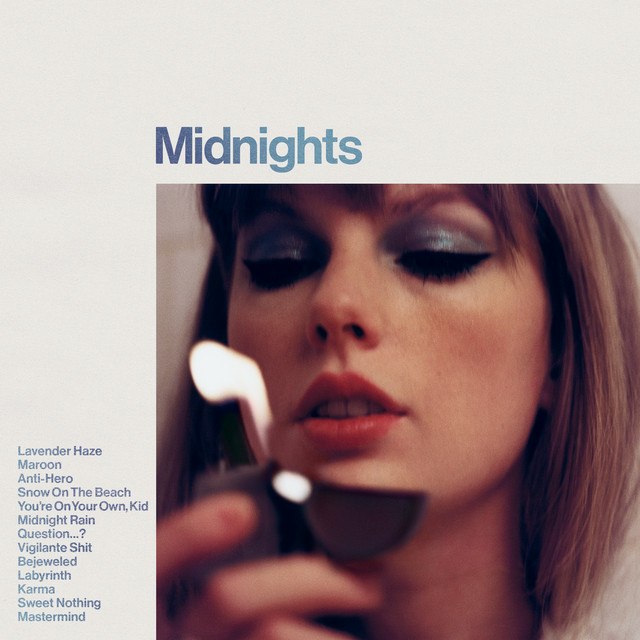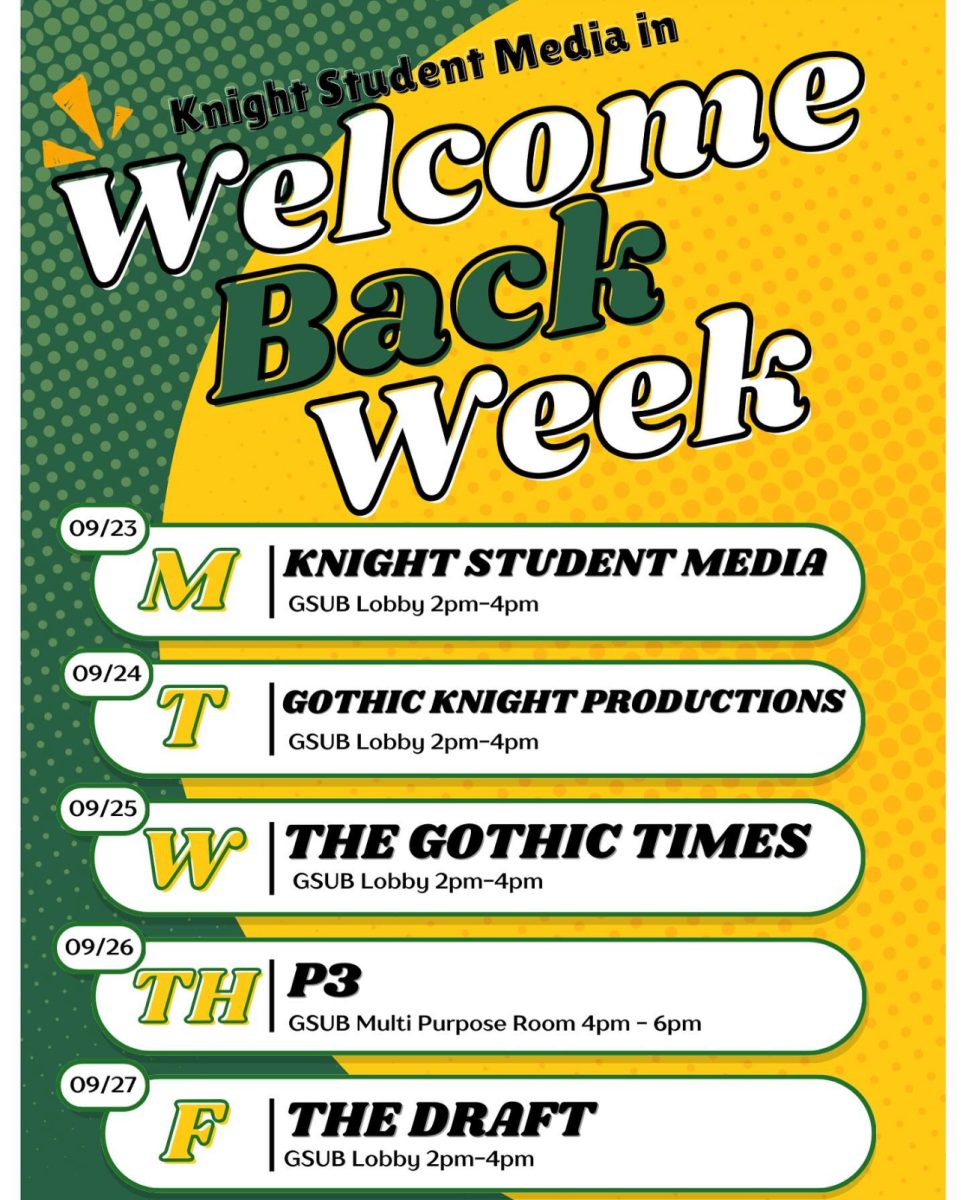Taylor Swift’s Midnights Hits Different
November 4, 2022
Taylor Swift’s tenth studio album is finally out and needless to say, it has shocked her listeners once again. In fact, Midnights broke the Spotify record for the most streamed album in a single day. This album has taken a completely different turn from her last two, evermore and folklore. This isn’t surprising as Swift is known to constantly break barriers and reinvent herself over and over again.
This album, co-created with her long-time friend and colleague Jack Antonoff, has a pop, synth-fused, vibrant energy to it, much different than her past two albums. Midnights drags elements from all her previous albums into one cumulative masterpiece. With a 1989 vibe, folklore intensity, reputation attitude, and Lover romance, Swift’s new album has truly made a statement. But don’t be fooled by Swift’s energetic and whimsical energy – the album is arguably just as deep and self-reflective as her older work.
The album’s concept is a collection of Swift’s many sleepless nights. With thirteen tracks, another edition with seven more songs, and a deluxe album featuring a bonus song “Hits Different,” Swift exposes the things that keep her up late at night – good and bad.
Simply looking at the leading single “Anti-Hero,” listeners can understand the exact vibe Swift intended to portray in this album. An upbeat and fast song with a catchy chorus, the song’s meaning is not as happy. Swift delves into her personal insecurities. In a video released before the album dropped, Swift states “This song is a real guided tour throughout the things I tend to hate about myself.”
Throughout the “Anti-Hero” music video, Swift is depicted as larger than all the other people in the video – awkwardly taking up space and seemingly distressing the people around her. Swift says that “I struggle a lot with the idea that my life has become unmanageably sized.” Swift’s depiction of herself – large, awkward, and overwhelming – is how she perceives herself and her life. But the meaning is even deeper.
In her documentary Miss Americana on Netflix, Swift reveals that throughout her 1989 era she struggled very heavily with body image and even struggled with an eating disorder. She exposes this insecurity and vulnerability in her “Anti-Hero” music video. Swift includes a scene where she steps onto a scale and instead of revealing a number the scale reads back to her “Fat.” Knowing this, her depiction of herself as a giant compared to the other people in the music video makes more sense. Swift is making a statement about her body dysmorphia. She even discusses this topic in her song “You’re On Your Own, Kid,” where one lyric reads “I hosted parties / And starved my body / Like I’d be saved by a perfect kiss.”
Swift delves deeply into her insecurities and self-hatred throughout this album, but she also discusses the good thoughts that keep her up late at night. One of these examples is her song “Sweet Nothing.” Written by herself and her boyfriend, Joe Alwyn, under the pen name William Bowery, Swift describes a relationship with someone who loves her deeply. One verse reads, “Outside they’re push and shoving / You’re in the kitchen humming / All that you ever wanted from me was sweet nothing.”
In Taylor Swift’s past songs, she describes her fear that her life and fame would be too much for a lover to handle. In her song “peace” from folklore, she asks her lover if her love would be enough for him to ignore the craziness of her life, the things that she can’t control. In “Sweet Nothing,” the same lover responds to Taylor’s fears and says all they ever expected from her was nothing except herself.
Listeners who loved Swift’s honesty and emotional storytelling in folklore and evermore will enjoy this album greatly. Despite the album’s overall cheerful sound, Swift delves into her deepest, darkest fears and presents them to her audience beautifully. If you’re looking for songs that will make you dance around your room but also cry with a pint of ice cream – this is the album for you.












